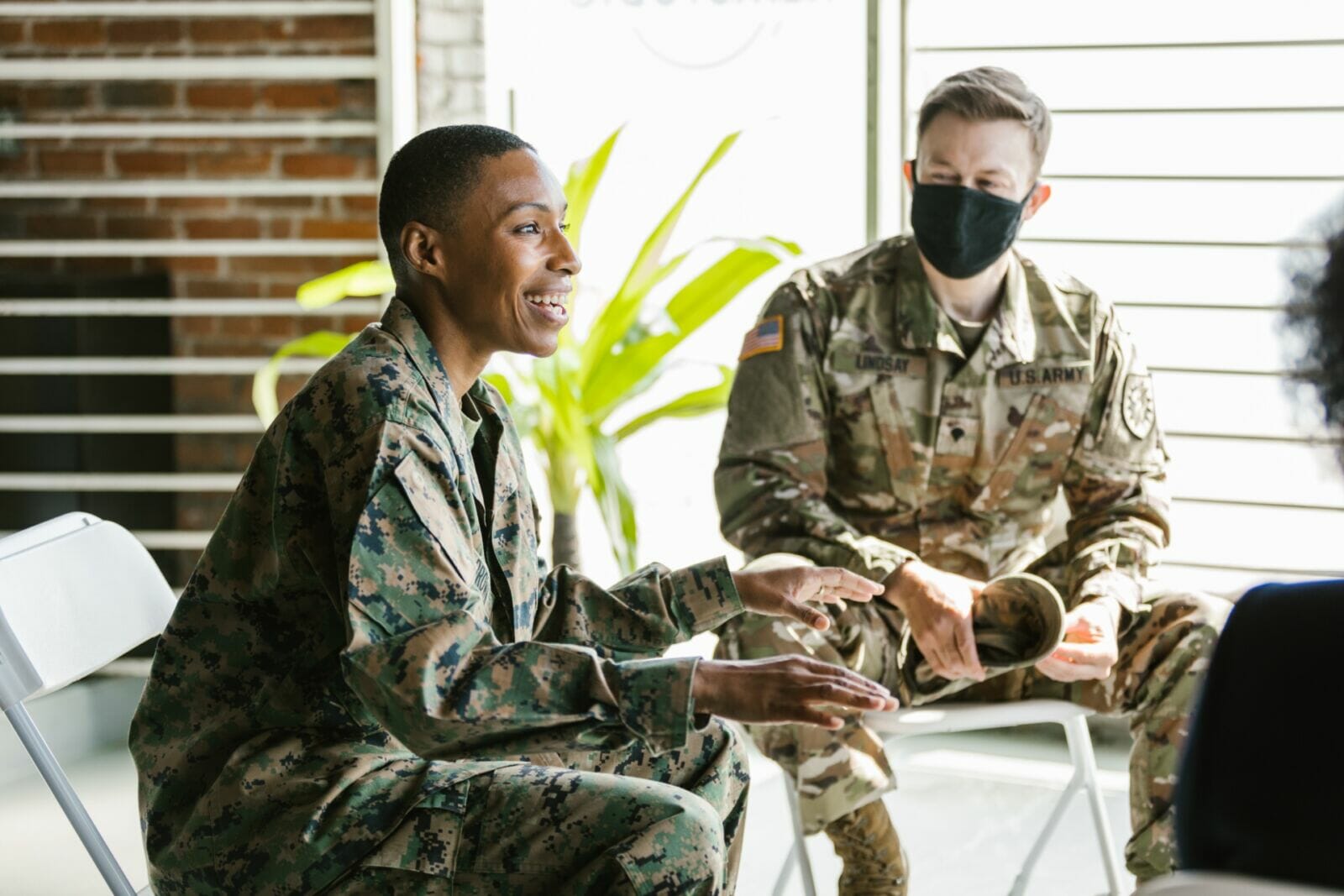Local organizations are making efforts to help Arizona veterans improve their mental health in the wake of the problems that stemmed from the 20-year war in Afghanistan.
Many veterans in the U.S. suffer from mental illnesses and troubles every day, according to the U.S. Department of Veteran Affairs. With the Taliban’s controversial activity in Afghanistan, local Arizona veterans need support and assistance so they can cope with the impacts of this global issue.
Dr. Kris Kratz, a clinical psychologist and neuropsychologist, is the Associate Chief of Staff for mental health at the Phoenix Veterans Affairs Office. He knows the issues all too well.
“We have had veterans that have been seeking care, specifically because of some of the events in Afghanistan,” Kratz said. “We have some services that we have stood up in support of that.”
READ ALSO: Bank of America exceeds goal to hire 10,000 veterans
Kratz explained two of these services.
“One is a support group that we specifically stood up for those who had served in Afghanistan or are experiencing some additional distress,” Kratz said.
The other group started when about 700 caregivers, all part of the caregiver support program, reached out to offer help and support for veterans.
Kratz said that he and the Phoenix VA are ready to help any veteran with any type of mental illness.
“Regardless of what that diagnosis might be, whether it is PTSD or major depression or an adjustment disorder, we have the resources in place to then provide that treatment,” Kratz said.
“I’m a veteran myself,” Kratz said. “We have a large portion of employees at the Phoenix VA who are also prior service individuals themselves. It helps with rapport building and certainly connecting with our veterans.”
Other sources in Arizona are doing their best to offer help to veterans. One is the Be Connected program, an organization that helps prevent future suicides and works with individuals who have suicidal thoughts.
“The Be Connected program is a statewide initiative to strengthen access to support and resources for the 500,000+ service members, veterans and their families,” according to the Arizona Coalition for Military Families.
Be Connected continues to work towards the goals of reducing deaths due to suicide within the military community, strengthening the existing services they provide and demonstrating the ability to build components into programs to improve them.
The program offers support over the phone and can be reached at (866)-429-8387.
Michelle Jameson, executive director of U.S.VETS in Phoenix, leads her team in helping veterans overcome mental obstacles and stopping veteran homelessness in Arizona.
“We have two therapists on-site who offer individual and group sessions, 24-hour crisis response, peer support, and we partner with the VA for additional mental health services,” Jameson said.
Jameson pointed out the efforts being made by the U.S.VETS post in Phoenix to help veterans that are suffering in response to the events in Afghanistan.
“Problems vary from veteran to veteran. Some of the emotions we have seen are veterans being frustrated, sad, angry and disappointed,” Jameson said.
Jameson said that the veteran community in themselves has reached out to offer resources that support other service members as they make it through this difficult time.




